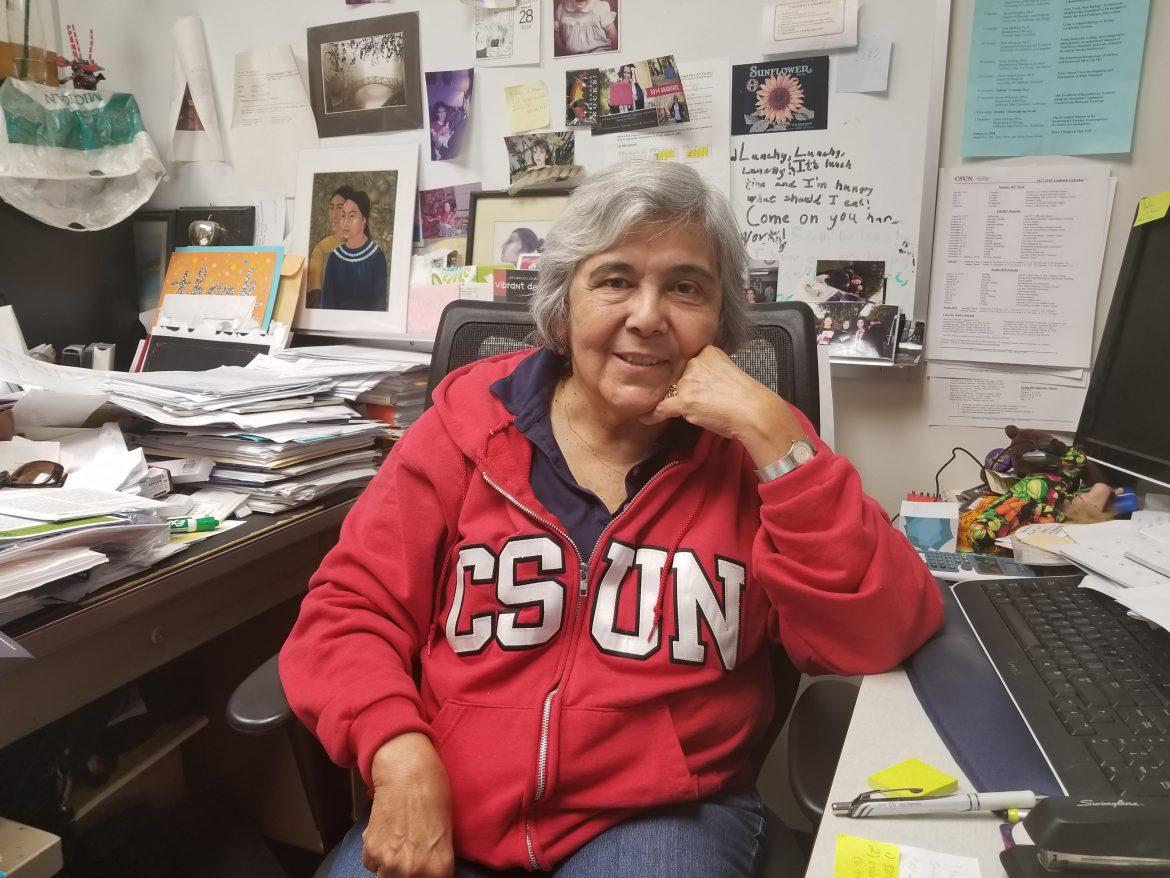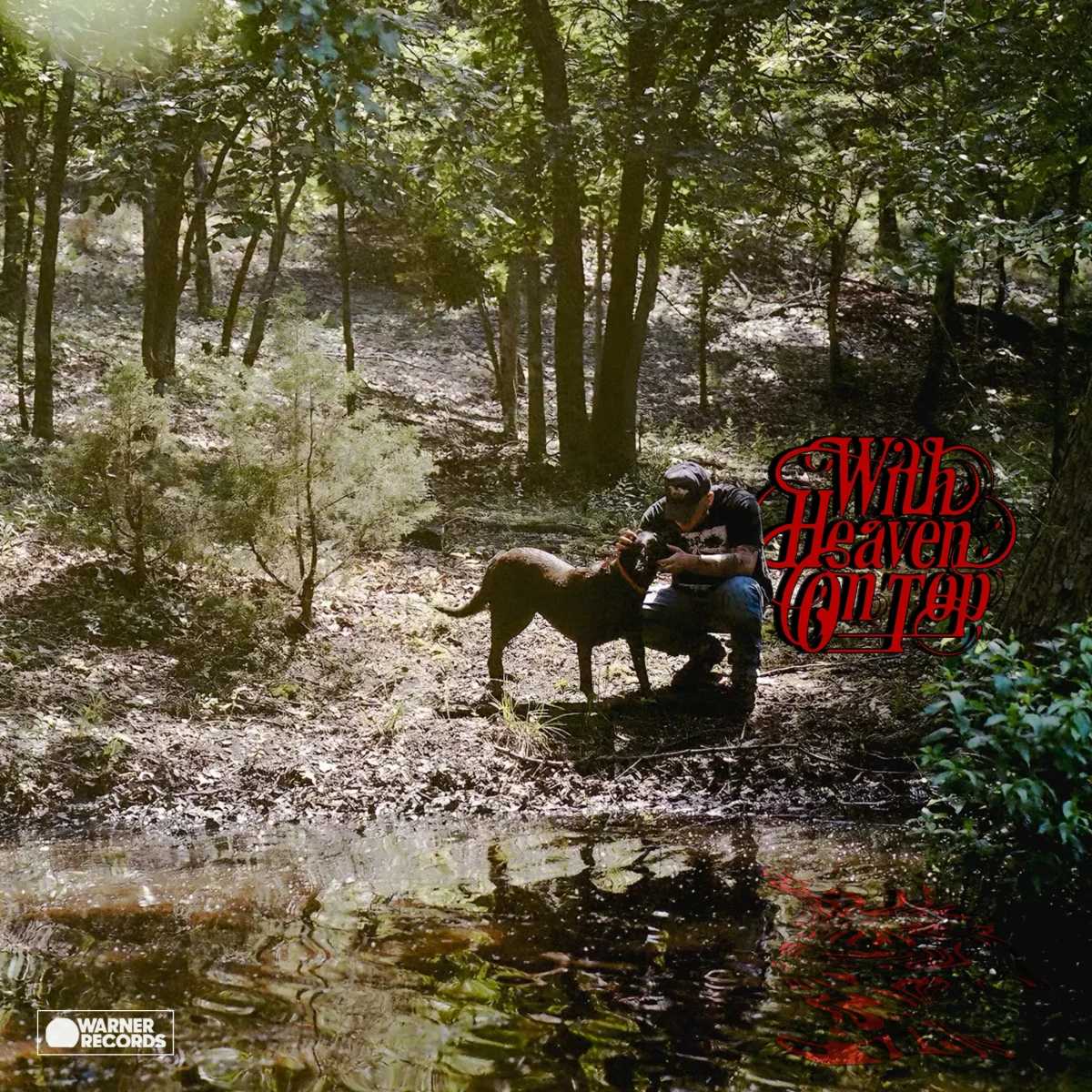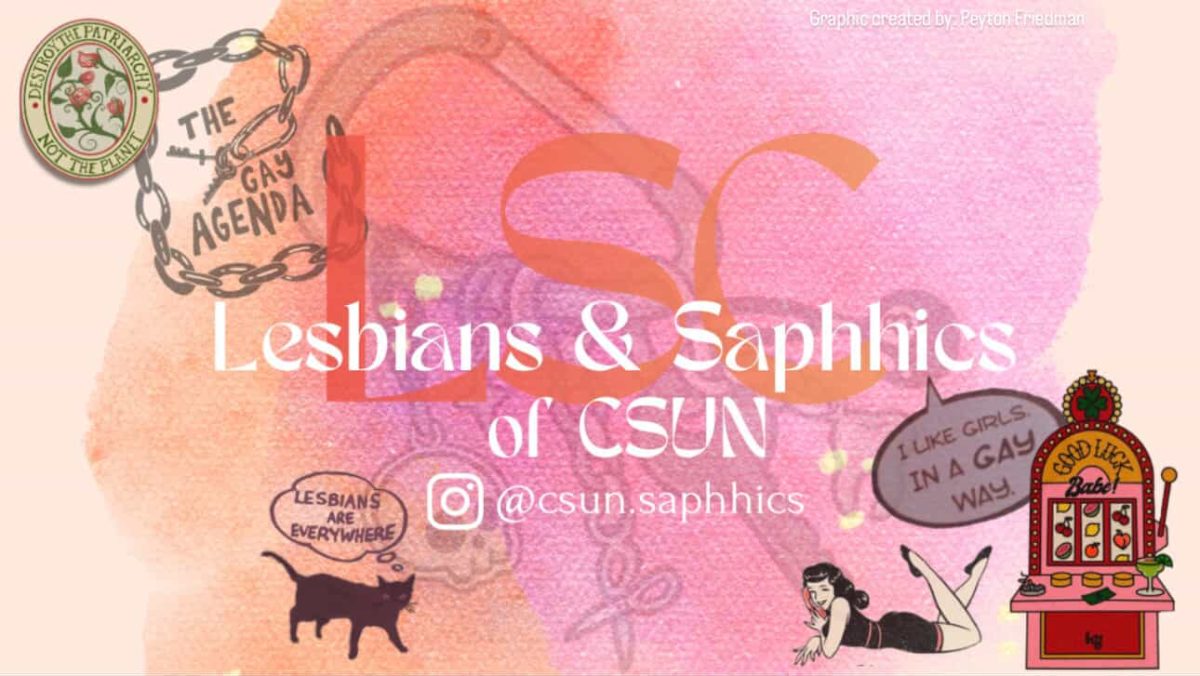CSUN biology professor Maria Elena Zavala was named the first Latina Fellow to be elected to the American Society of Cell Biology for her research in plant cells.
The American Society of Cell Biology is an international inclusive community of biologists who study cells while advancing scientific discoveries, improving education, proving a diverse scientific workforce and more.
How do you feel about being named the first Latina Fellow of the American Society of Cell Biology?
“It’s an honor and it humbles me, but I guess I’ve been the first in lots of things, so it’s unfortunate actually because that means that there are other people who are smarter and didn’t get recognized. So I don’t think that this honor is just for me. I think that it is for all of us who work at institutions like this one. Everyone else that is an ASCB Fellow works at an institution that is a Ph.D. granting institution. I’m the only Fellow not from a research-intensive university. Research-intensive universities are places like UCLA, Harvard, Berkeley places like that. Everyone else is from places like that, and I’m the only one that is not.”
We are the first in other programs can you tell me what they were?
“I’m the first Chicana Botanist Ph.D. in the country according to my friends and according to someone that studies this. If that’s true, then I’m the first Chicana in the department of botany at UC Berkley. I’m the first elected member of American Society of Plant Biology. I think I was the first Chicana professor tenure in the department of biology here. I’m also a first generation college goer, the first in my family to earn a Ph.D. and first in my family to finish college, stuff like that.”
So you were the first of many things your whole life?
“Yeah, a lot of things like that. It’s not right. I mean it is what it is, and it speaks more to perhaps that I’m stubborn and I didn’t know what I was getting myself into. I just didn’t think I was going to be the first. I just thought this is what I wanted to do so I did it.”
How do you think you inspired other Latins or other races?
“I don’t really know if I have inspired other people. I don’t do things that inspire people. I do things because that is how I have decided to live my life and if people take inspiration from it, that’s great. I know it has an influence on my family. I know that my education and ability to be successful paves the way for other people. I think that is basically it; I don’t do things to inspire people. I don’t go out there a say ‘hey look at me’ that isn’t me. I just do my work and try to do it well.”
Can you tell me about the research that got you recognized?
“I’m a plant cell biologist, and I study different aspects of plant growth and development, so it’s just a long hull of studying plants basically that’s it. We have been studying how roots grow, how hormones are distributed in plants and develop methods to find [hormones] in individual cells. The idea is that since the arabidopsis is like every other plant, it produces seeds, flowers, roots and leafs and you can use [genetic] technologies on it we can use it to understand and then we can move on to other plants including important crop plants. [The Arabidopsis] is our test mouse, it is a test system and then you try to apply what you learned to something like a crop plant.”
What got you into plant biology?
“My dad was a farm worker. He was a farm worker who had a truck, so he was a farm labor contractor in Camarillo. He would take his truck and pick up contract people to pick up oranges and lemons over in Simi Valley, Camarillo and also Laverne.”
What do you see for the future of your research?
“We are looking more into beans, so a Arabidopsis is just so much easier to work with than the plants I like, but I work a lot with beans and corn, ‘balanced diets’, I’m Mexican what can I say. But we are now trying to develop a system that will allow us to manipulate beans genetically more rapidly. We are trying to see if the bean protein is a little bit more digestible and nutritious using genetic engineering.”











